Uncovering the Power of DPP-IV: The Enzyme in Digest Best That Could Revolutionize Gluten Digestion
Enzymes play a critical role in the human body. They are proteins that act as catalysts, speeding up the rate of chemical reactions that take place within our cells. In the digestive system, enzymes help to break down food into smaller molecules that can be absorbed by the body. Each enzyme is specific to a particular type of nutrient, with different enzymes required for the digestion of carbohydrates, proteins and fats. (1)
Blog Contents
How Enzymes Work and What They Do
Enzymes like amylase, proteases and lipases are released from the pancreas into the small intestine to break down food. They act on complex molecules in the food such as carbohydrates, proteins and fats, breaking them down into smaller particles so that they can be absorbed by the body. For example, amylase helps to break down carbohydrates into simple sugars, while proteases and lipases help to break down proteins and fats. (1, 2)
The Importance of Enzymes
Enzymes are essential for the proper functioning of the digestive system. Without them, food could not be broken down into its component parts, and we would not be able to absorb the nutrients that our body needs. Additionally, enzymes help to break down toxins, food contaminants and other harmful substances in the gut, protecting us from disease and illness (3)
DPP IV and Its Role in Digestion of Gluten
DPP IV (dipeptidyl peptidase IV) is a protease, a type of enzyme that breaks down protein molecules. Specifically, DPP IV is believed to be helpful in breaking down gluten and casein, a protein found in dairy products. (4)
DPP IV works by cleaving peptide bonds between dipeptides or tripeptides, which are small chains of amino acids that make up larger protein molecules. Unlike other proteases, DPP IV can break double bonds that are resistant to hydrolysis (breaking down), making it particularly effective at breaking down certain types of resistant proteins. (5)
Why We Need DPP IV to Digest Gluten and Dairy
Gluten and casein are complex proteins that are difficult to digest for many people. In fact, some individuals lack the enzymes necessary to break down these proteins properly, leading to a range of uncomfortable symptoms such as bloating, gas, diarrhea and immune reactions. DPP IV supplements can help to break down gluten and casein proteins into smaller fragments, making them easier to digest and reducing the risk of these unpleasant symptoms. (6-8)
The Challenges of Gluten Intolerance
Gluten sensitivity is a condition in which the body has difficulty digesting gluten, a protein found in wheat, barley and rye. Gluten sensitivity is not the same as celiac disease, which is an autoimmune disorder that affects the small intestine. People with gluten sensitivity may experience a range of symptoms such as bloating, abdominal pain, diarrhea, and fatigue after consuming foods that contain gluten. (9)
People with gluten sensitivity may also experience aggravation in autoimmune reactions to other foods and substances. It is important for individuals with gluten sensitivity to understand which foods contain gluten and how best to avoid them and their potential trigger reactions.
The exact cause of gluten sensitivity is not fully understood, but it is believed to be related to the immune system and the way in which gluten is broken down in the body. For some individuals, the immune system may recognize gluten as a foreign invader and mount an attack against it, leading to inflammation and other symptoms. (10)
DPP IV is particularly effective at breaking down gluten because it can cleave peptide bonds that are resistant to hydrolysis, meaning that it can break down larger protein molecules into smaller fragments that are easier for the body to digest. In particular, DPP IV is able to break down proline-rich gluten peptides that are difficult to digest with other proteases. (6)
While DPP IV can be helpful for those with gluten sensitivity, it is important to note that it should not be used as a substitute for a gluten-free diet. Those with celiac disease or gluten sensitivity should still avoid foods that contain gluten in order to prevent damage to the small intestine and alleviate symptoms. However, taking DPP IV supplements can help to reduce the risk of unpleasant symptoms related to inevitable cross-contamination and improve overall digestive function. (6-8)
Conditions Associated with Low Levels of DPP IV
Low levels of DPP IV have been linked to a variety of health conditions, including celiac disease, autism, and irritable bowel syndrome (IBS). Those with celiac disease often lack proper amounts of DPP IV, making gluten digestion difficult. In cases of autism and IBS, low levels of DPP IV may contribute to digestive issues and increased inflammation. (11-13)
Supporting Gut Inflammation with DPP IV
DPP IV supplements have also shown potential for supporting gut health. When combined with protein supplements, DPP IV can help to reduce inflammation in the gut and improve overall digestive function. This is particularly important for those with conditions that affect the gut, such as IBS and Crohn's disease. (13)
In conclusion, DPP IV is a protease enzyme that plays an important role in breaking down gluten and casein proteins. It effectively breaks double bonds between amino acids, making it an important supplement for those struggling with gluten and dairy intolerance. Low levels of DPP IV have been linked to a variety of health conditions, and combining DPP IV with protein supplements may help to support gut health and reduce inflammation.
In summary, enzymes are the unsung heroes of our digestive system, working diligently to break down complex food molecules into nutrients our body can absorb and utilize. Among these enzymes, DPP IV stands out as a key player in the intricate process of digesting gluten and casein proteins. Its unique ability to cleave stubborn peptide bonds makes it a valuable aid for those grappling with gluten and dairy intolerance, offering relief from discomforting symptoms. Moreover, the far-reaching influence of DPP IV extends beyond digestion, as its deficiency has been linked to various health conditions, underscoring its pivotal role in maintaining overall well-being. By combining DPP IV with protein supplements, we open doors to potential benefits for gut health, particularly for individuals battling conditions like IBS and Crohn's disease. As we unravel the complexities of enzyme function and their impact on our body, we gain deeper insights into the intricate dance that sustains us at a cellular level, reminding us of the remarkable orchestration that underpins our digestive harmony.
Article References
- Bedford MR. The effect of enzymes on digestion. Journal of Applied Poultry Research. 1996 Dec 1;5(4):370-8.
- Beck IT. The role of pancreatic enzymes in digestion. The American journal of clinical nutrition. 1973 Mar 1;26(3):311-25.
- Kaoutari AE, Armougom F, Gordon JI, Raoult D, Henrissat B. The abundance and variety of carbohydrate-active enzymes in the human gut microbiota. Nature Reviews Microbiology. 2013 Jul;11(7):497-504.
- Lambeir AM, Durinx C, Scharpé S, De Meester I. Dipeptidyl-peptidase IV from bench to bedside: an update on structural properties, functions, and clinical aspects of the enzyme DPP IV. Critical reviews in clinical laboratory sciences. 2003 Jan 1;40(3):209-94.
- Misumi Y, Hayashi Y, Arakawa F, Ikehara Y. Molecular cloning and sequence analysis of human dipeptidyl peptidase IV, a serine proteinase on the cell surface. Biochimica et Biophysica Acta (BBA)-Gene Structure and Expression. 1992 Jul 15;1131(3):333-6.
- Ehren J, Moron B, Martin E, Bethune MT, Gray GM, Khosla C. A food-grade enzyme preparation with modest gluten detoxification properties. PloS one. 2009 Jul 21;4(7):e6313.
- Pruimboom L, De Punder K. The opioid effects of gluten exorphins: asymptomatic celiac disease. Journal of Health, Population and Nutrition. 2015 Nov 24;33(1):24.
- Jarmołowska B, Bukało M, Fiedorowicz E, Cieślińska A, Kordulewska NK, Moszyńska M, Świątecki A, Kostyra E. Role of milk-derived opioid peptides and proline dipeptidyl peptidase-4 in autism spectrum disorders. Nutrients. 2019 Jan 4;11(1):87.
- Fasano A, Sapone A, Zevallos V, Schuppan D. Nonceliac gluten sensitivity. Gastroenterology. 2015 May 1;148(6):1195-204.
- Volta U, De Giorgio R. New understanding of gluten sensitivity. Nature Reviews Gastroenterology & Hepatology. 2012 May;9(5):295-9.
- El-Zefzafy WM, El Tokhy HM, Abu-Zahab Z. Serum Dipeptidyl Peptidase IV (DPP IV/CD26) in Egyptian Patients with Ulcerative Colitis. World Journal of Medical Sciences. 2014;11(1):01-8.
- Sałaga M, Sobczak M, Fichna J. Inhibition of proteases as a novel therapeutic strategy in the treatment of metabolic, inflammatory and functional diseases of the gastrointestinal tract. Drug Discovery Today. 2013 Aug 1;18(15-16):708-15.
- Abrahami D, Douros A, Yin H, Yu OH, Renoux C, Bitton A, Azoulay L. Dipeptidyl peptidase-4 inhibitors and incidence of inflammatory bowel disease among patients with type 2 diabetes: population based cohort study. Bmj. 2018 Mar 21;360.









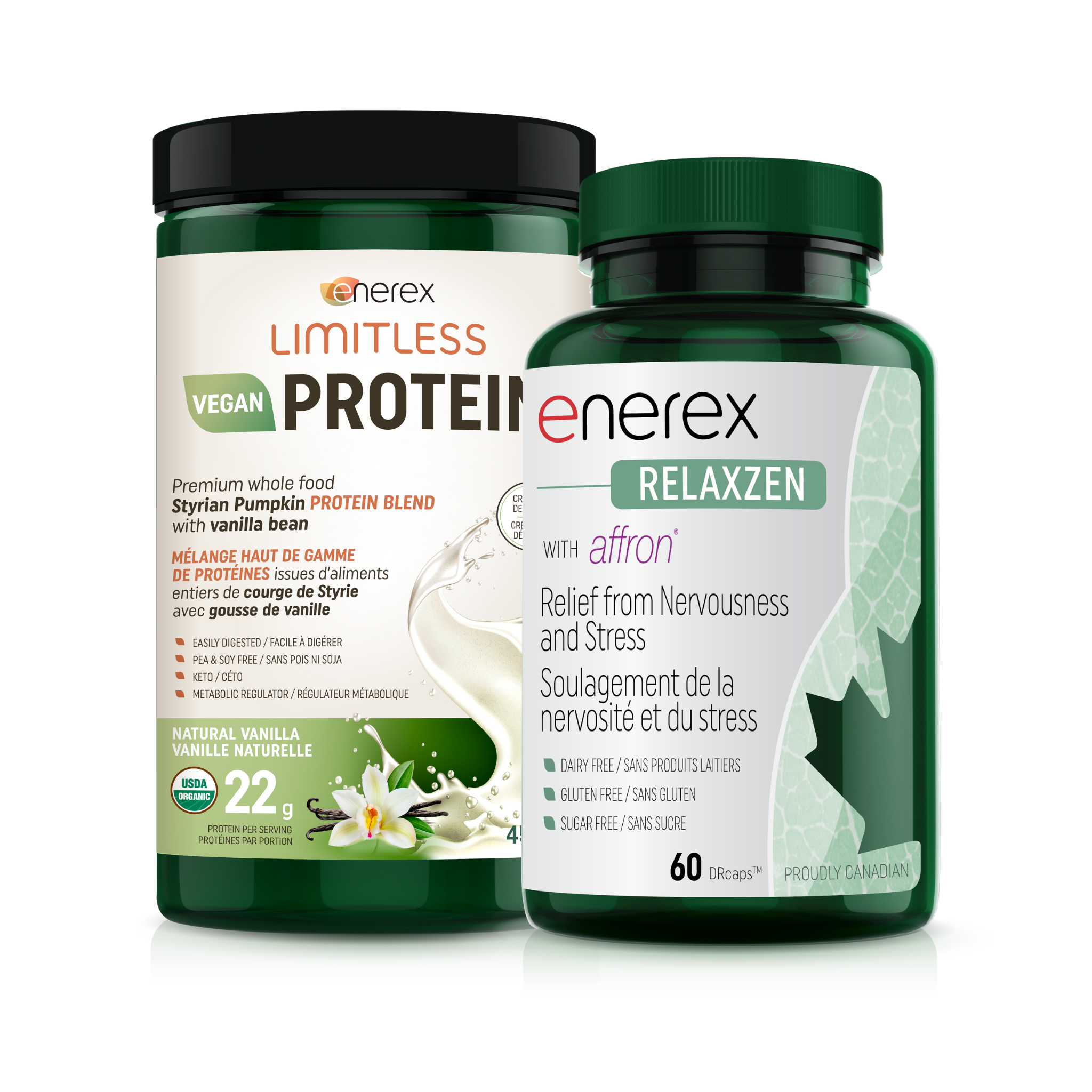
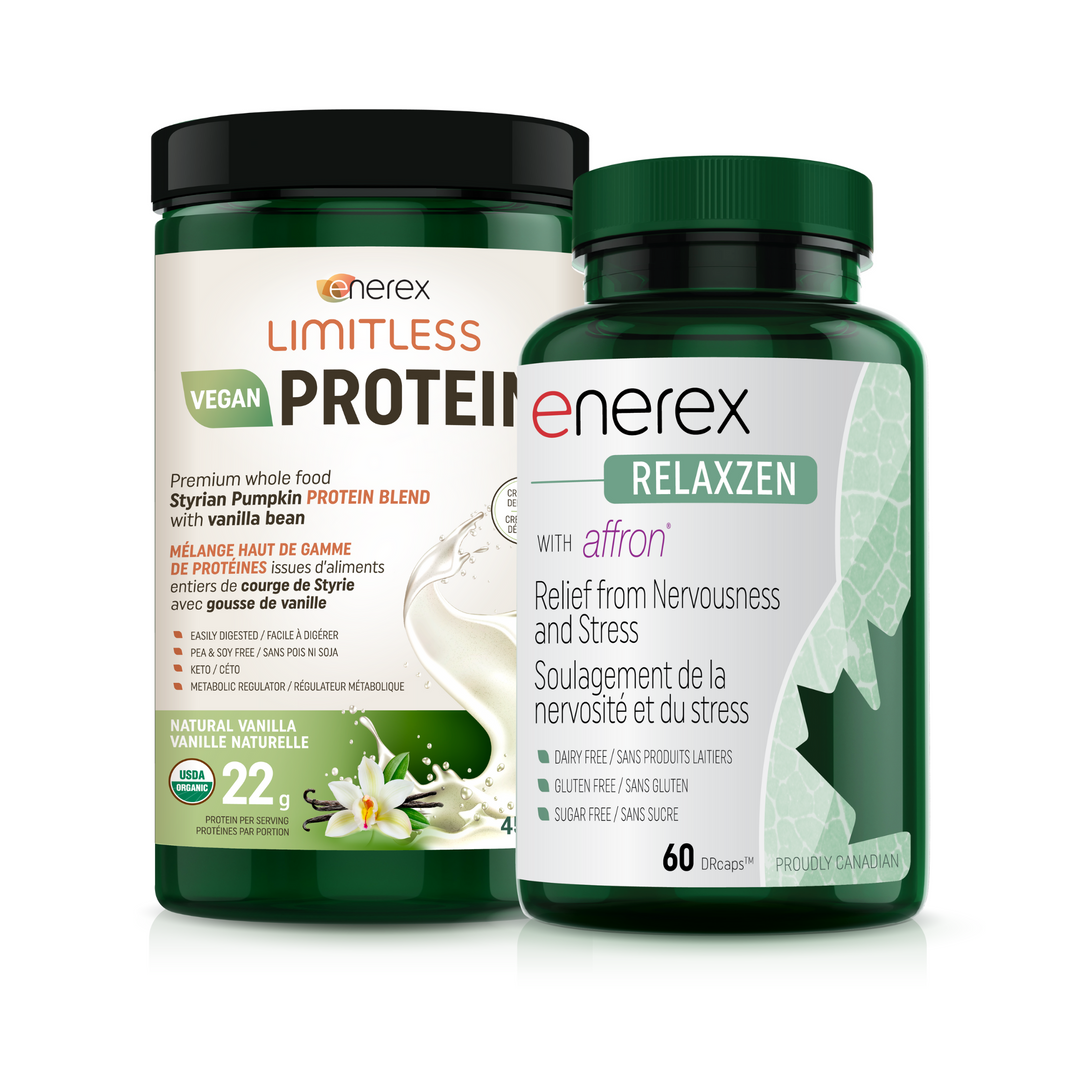
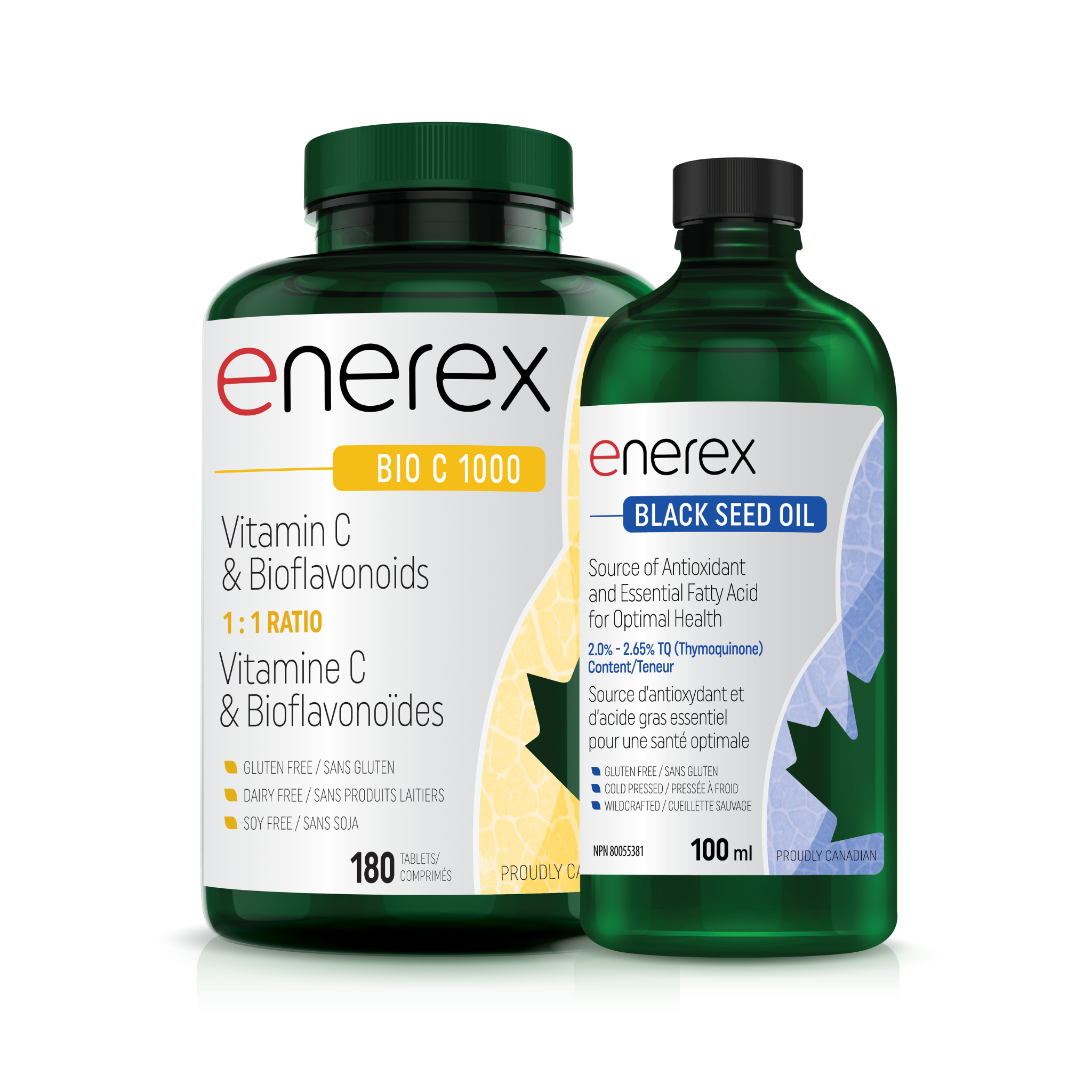
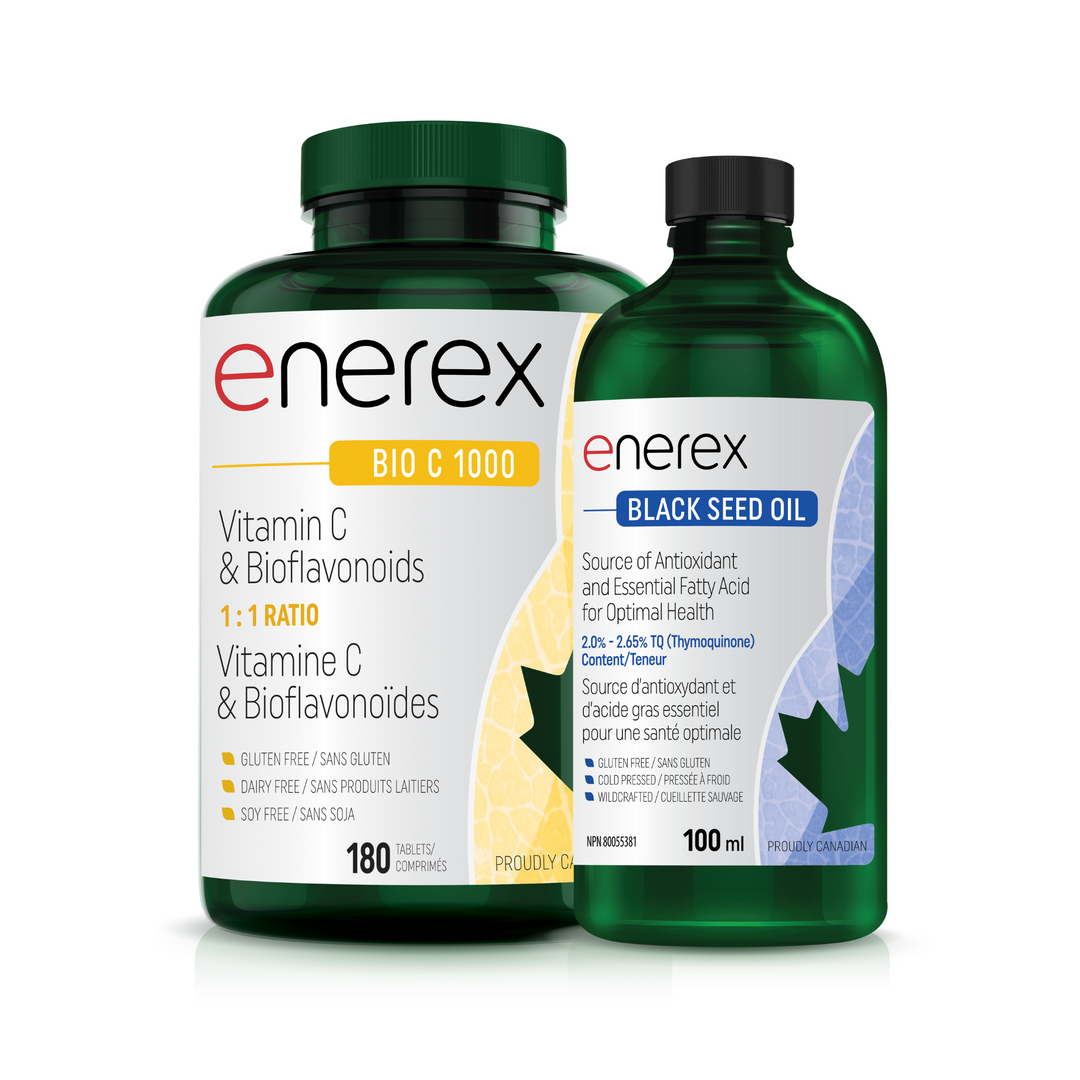


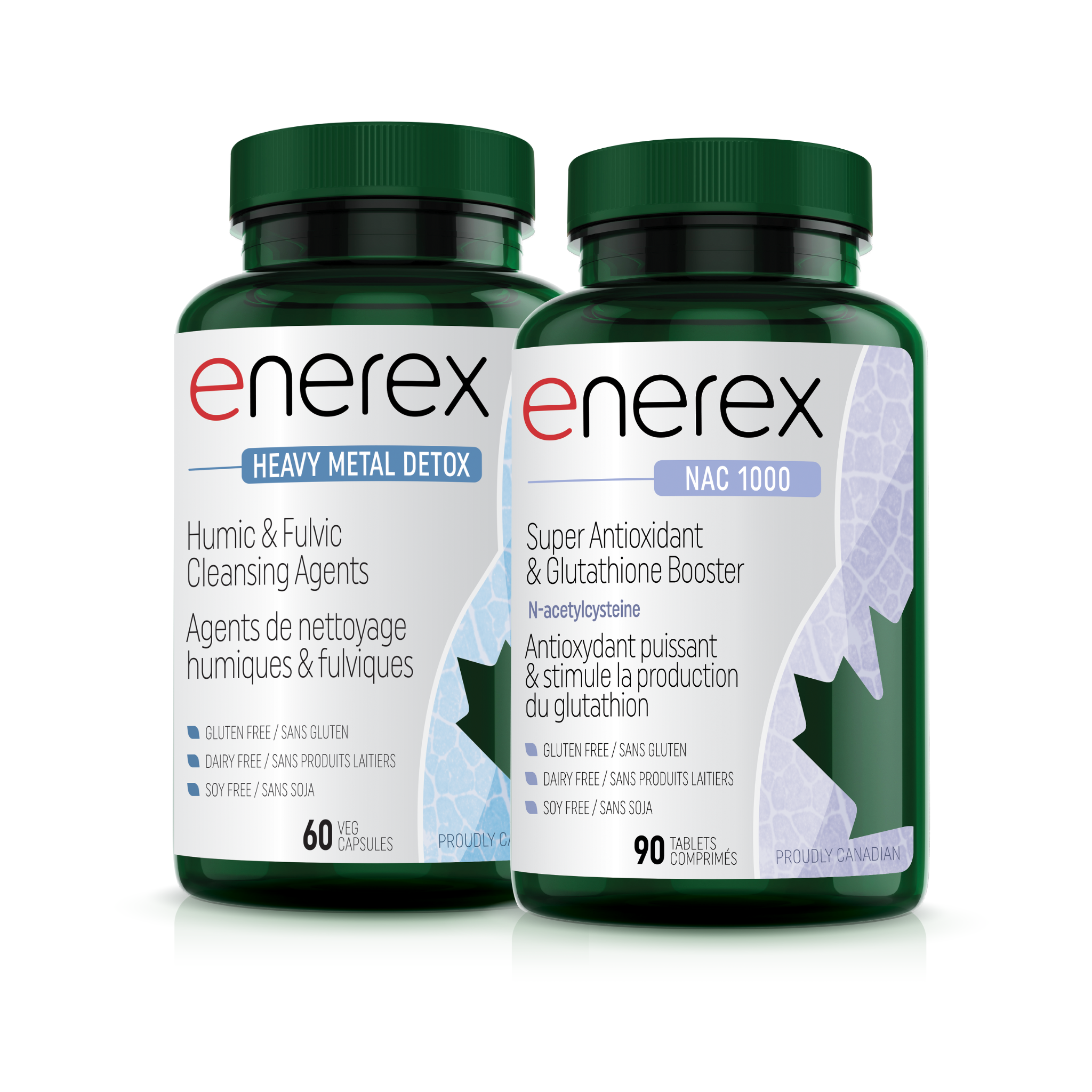
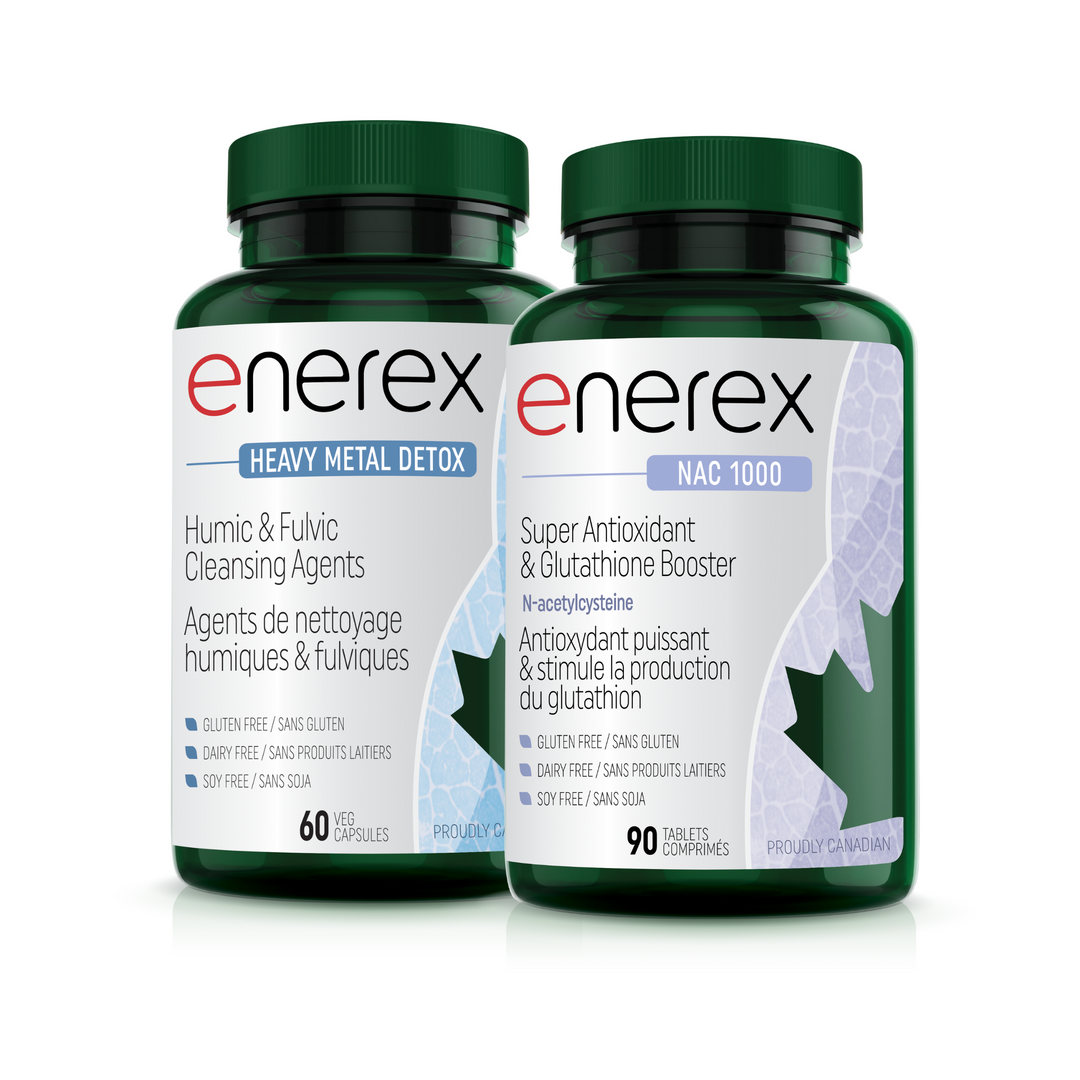
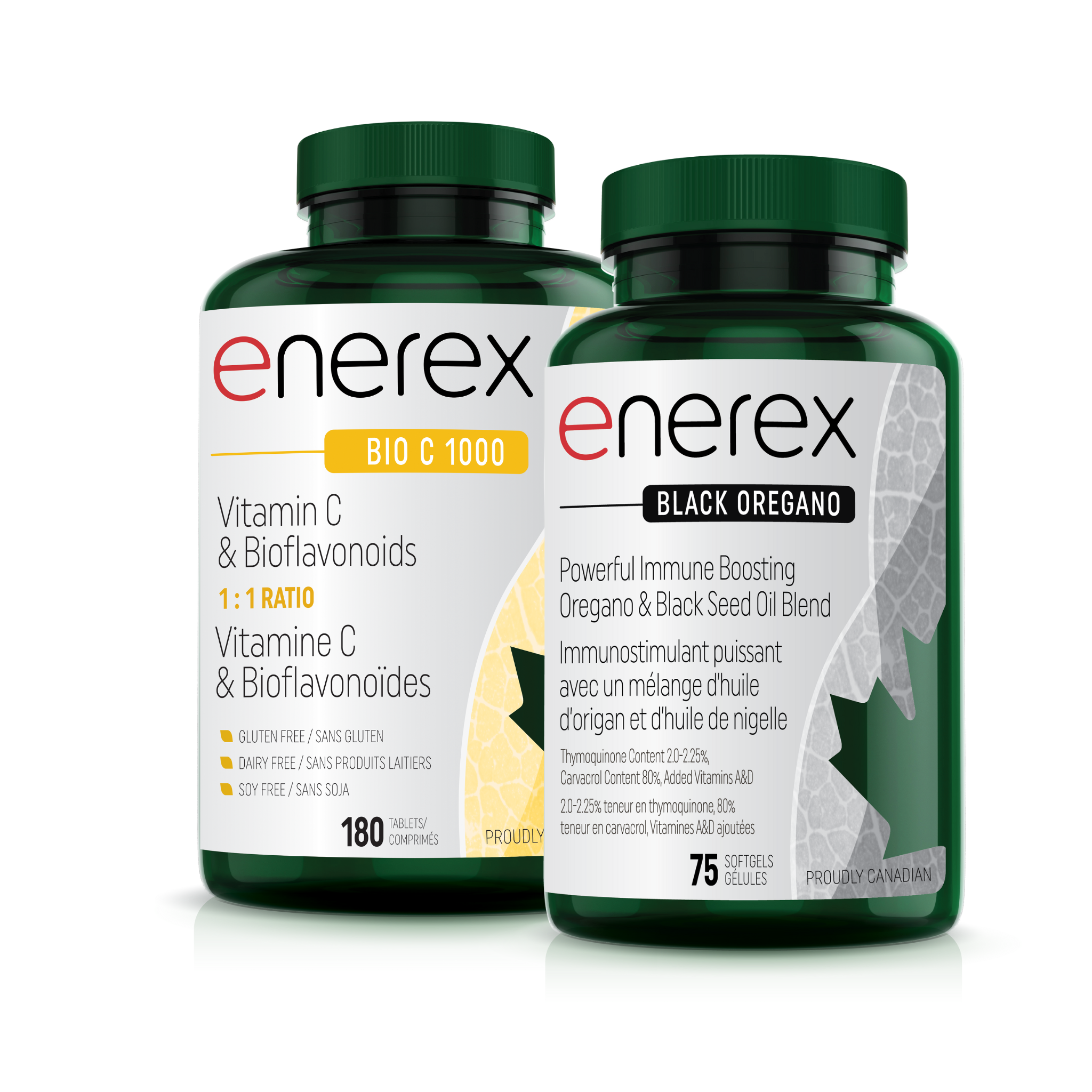
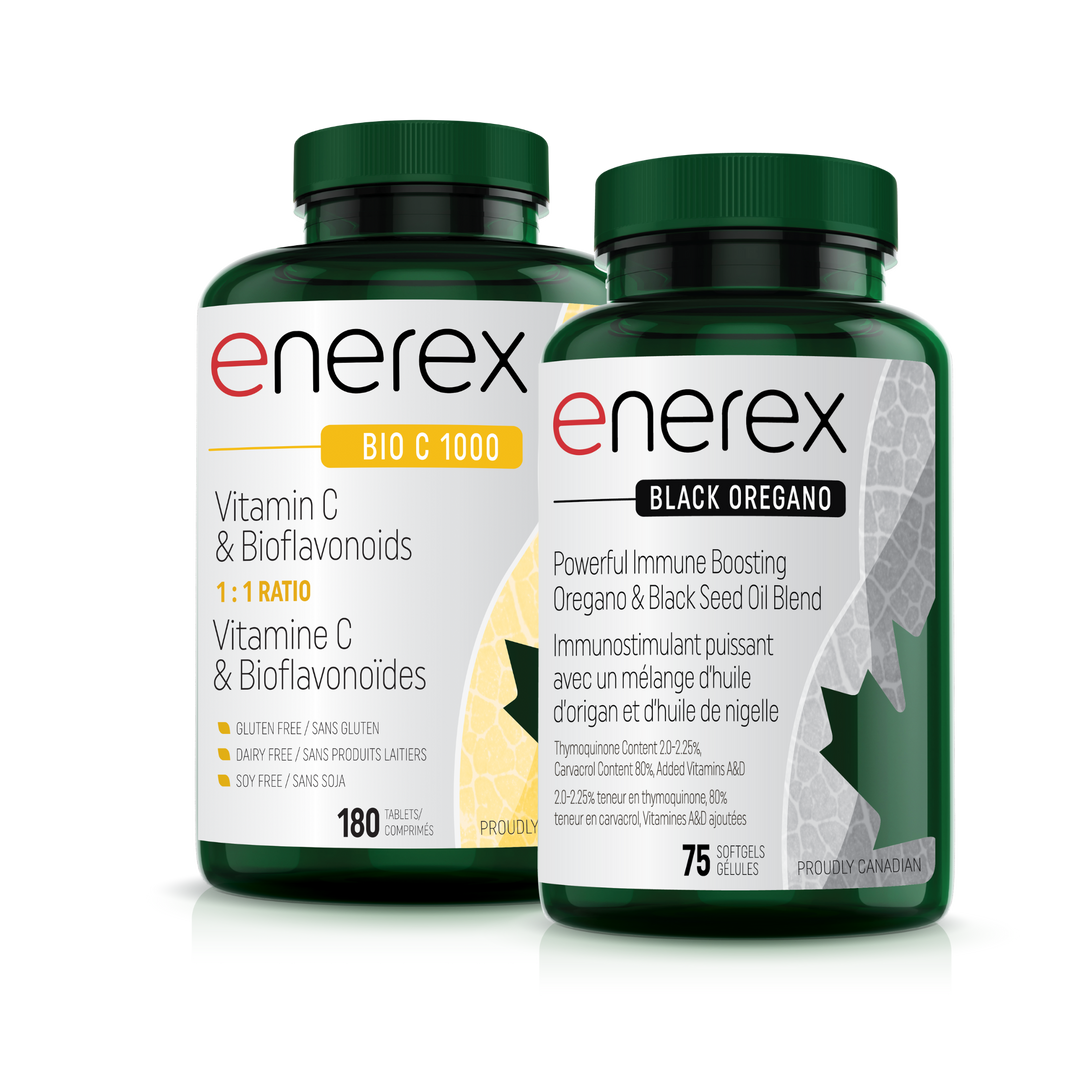
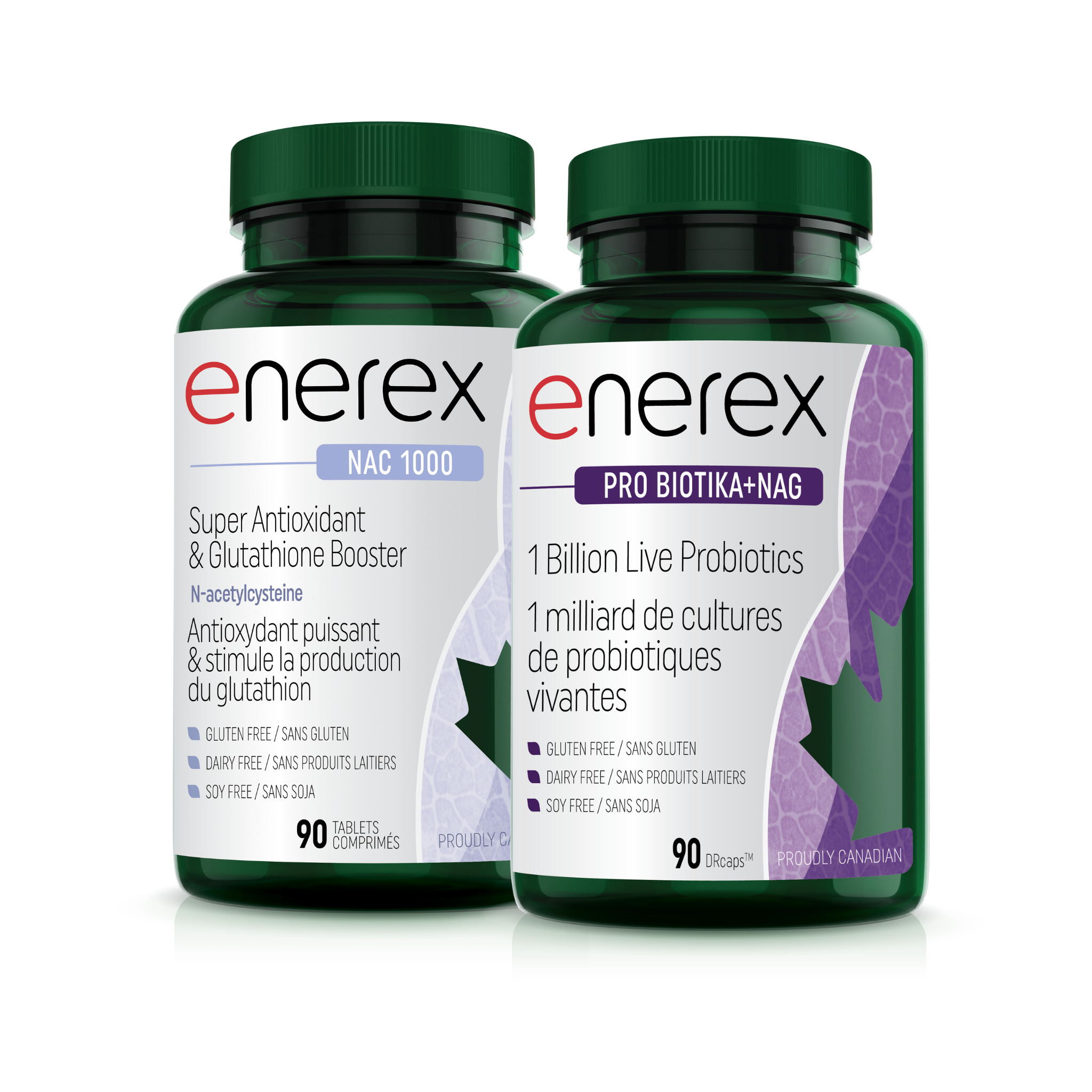
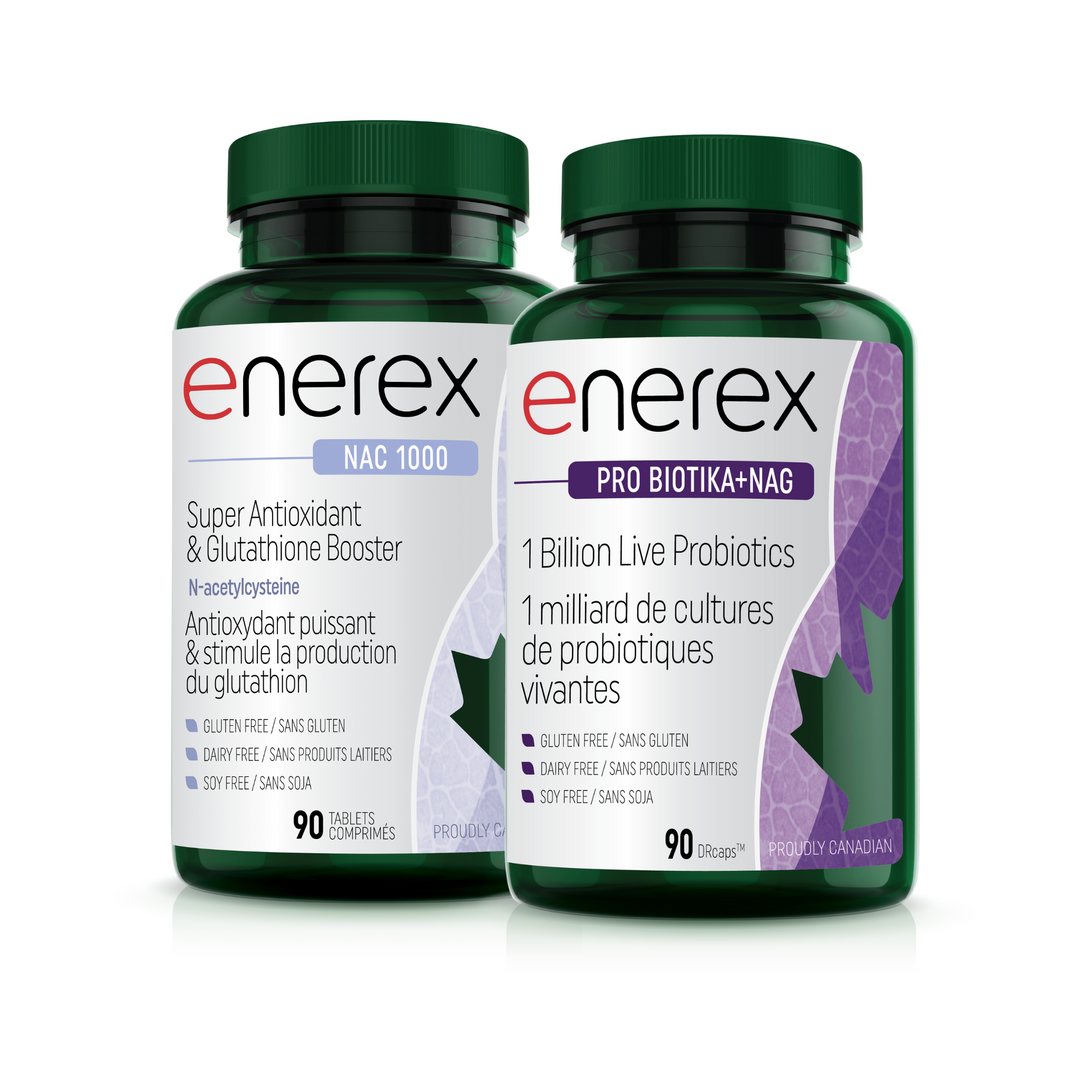
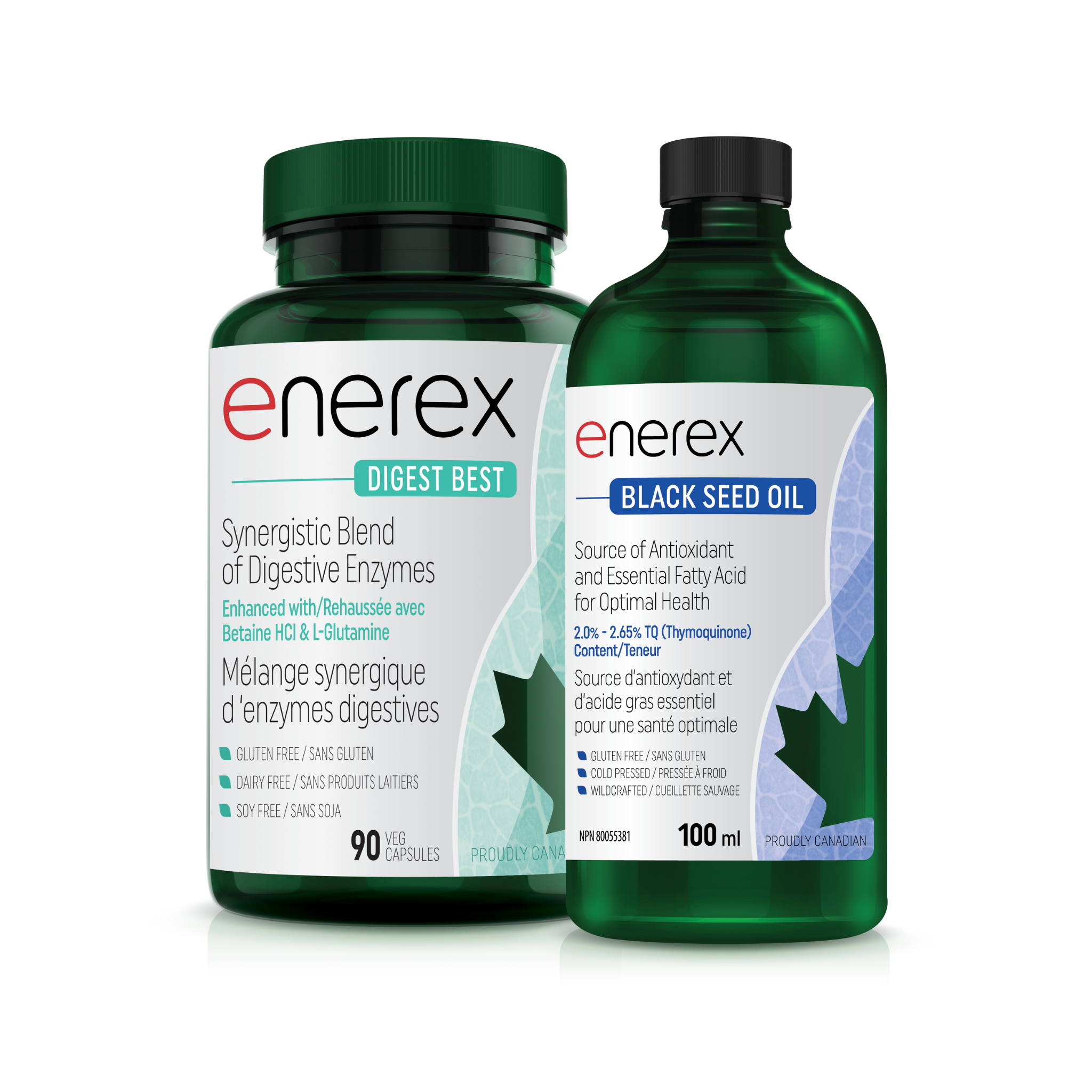
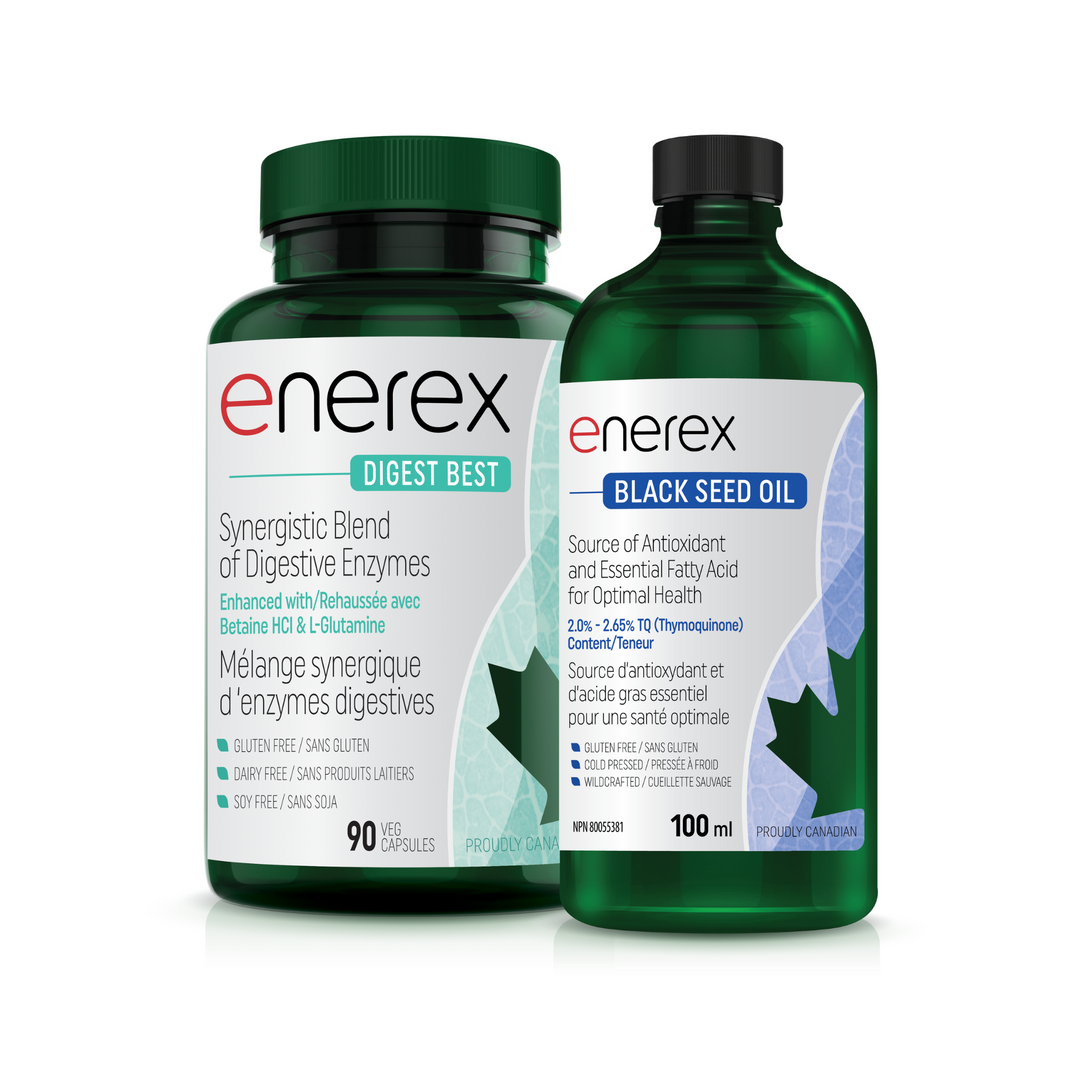
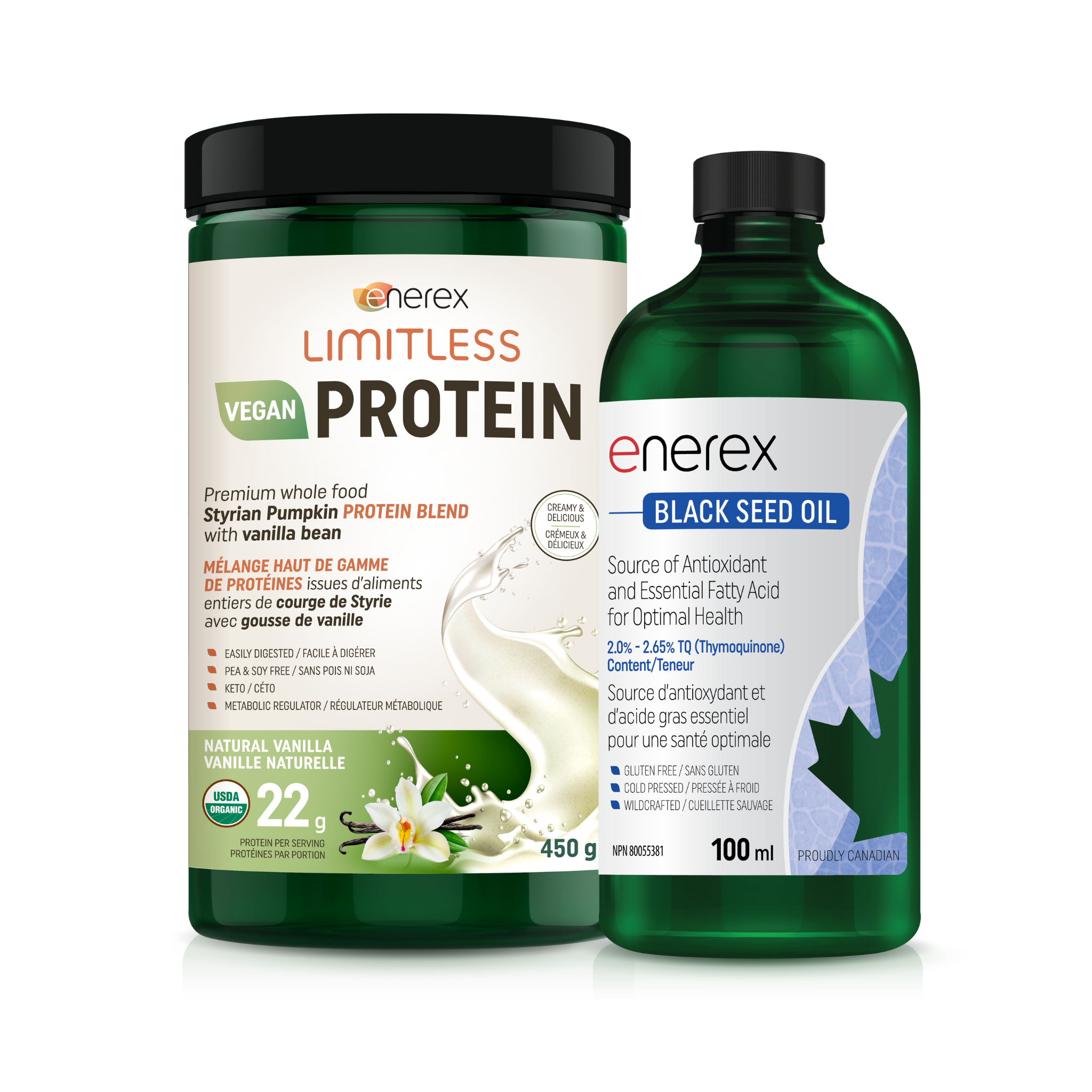
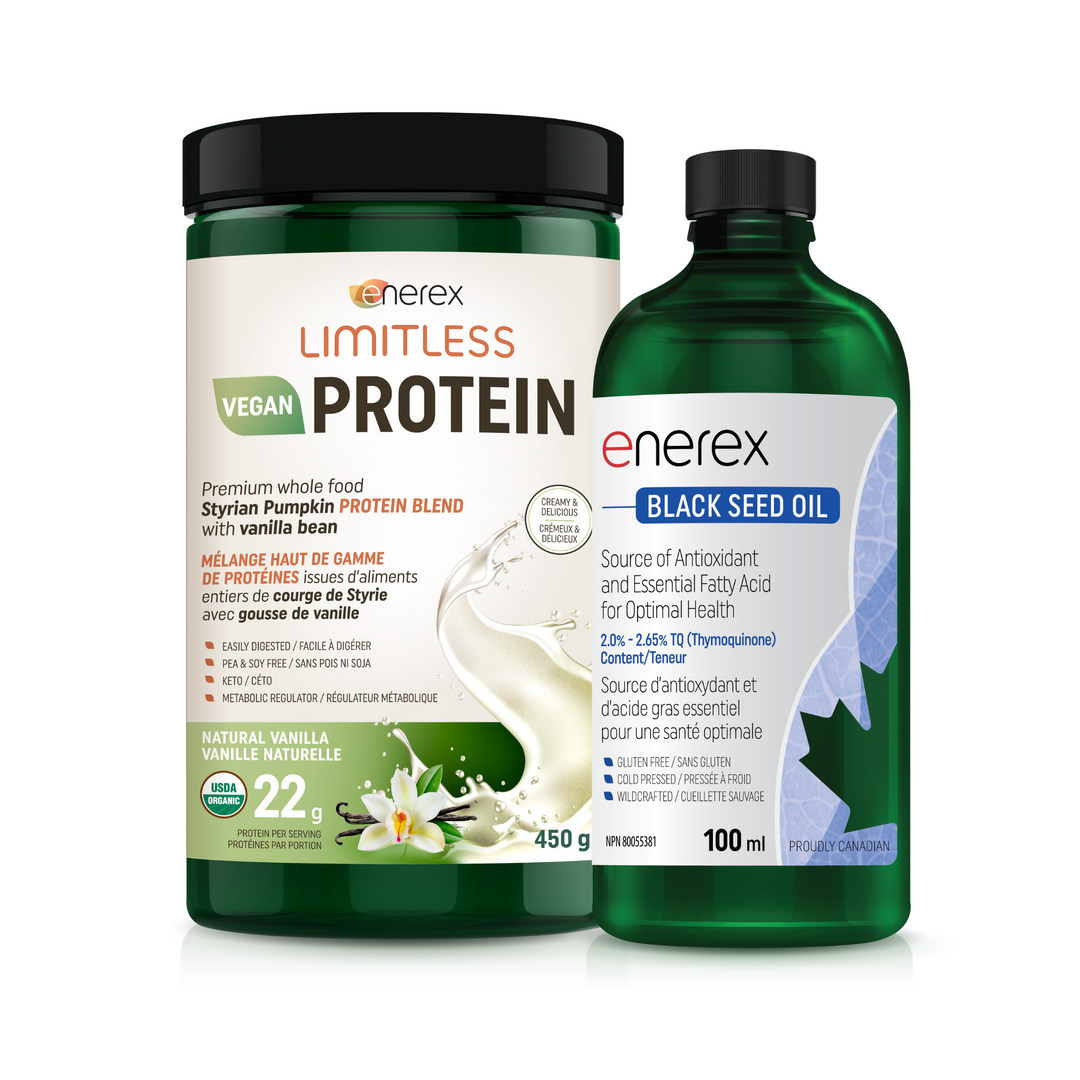
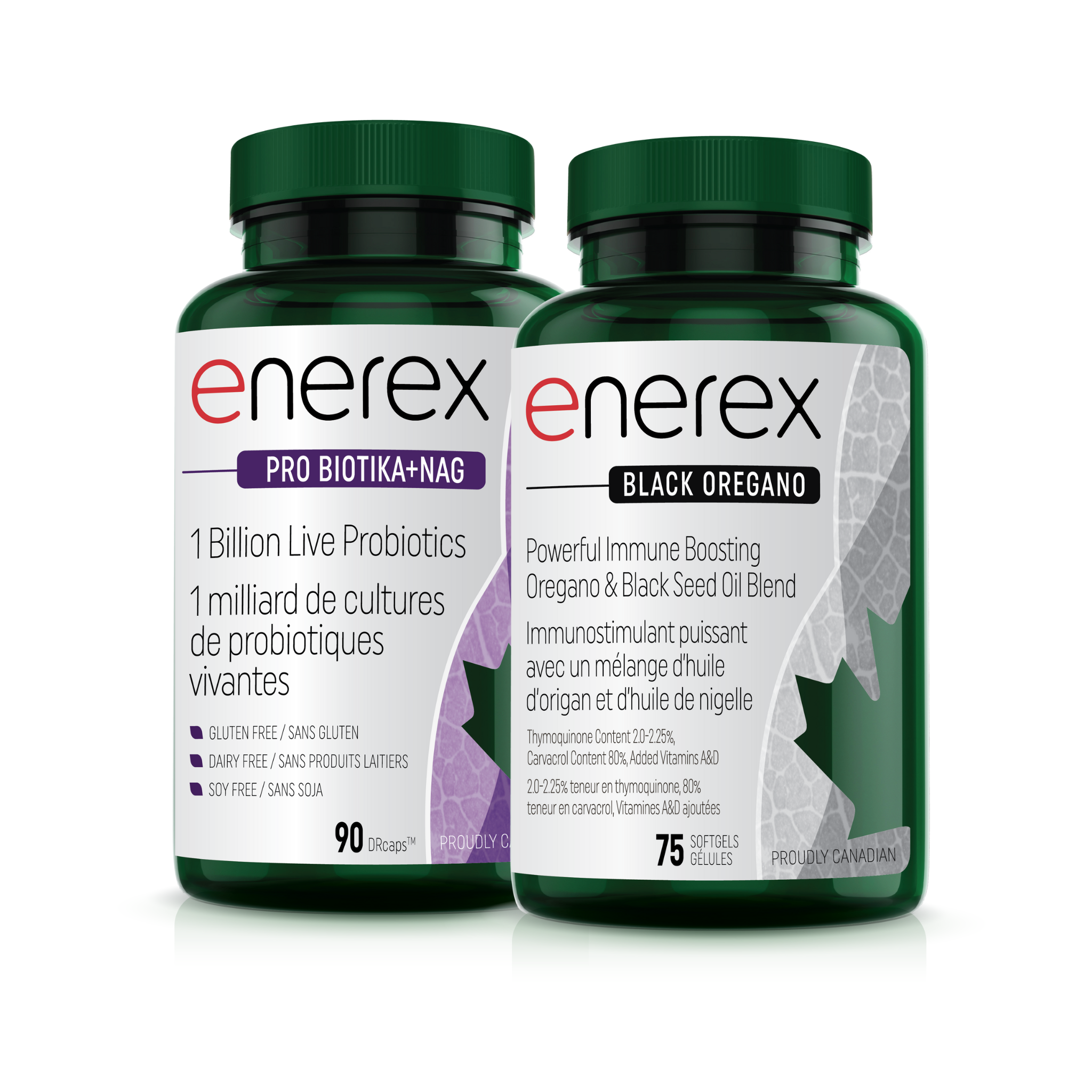
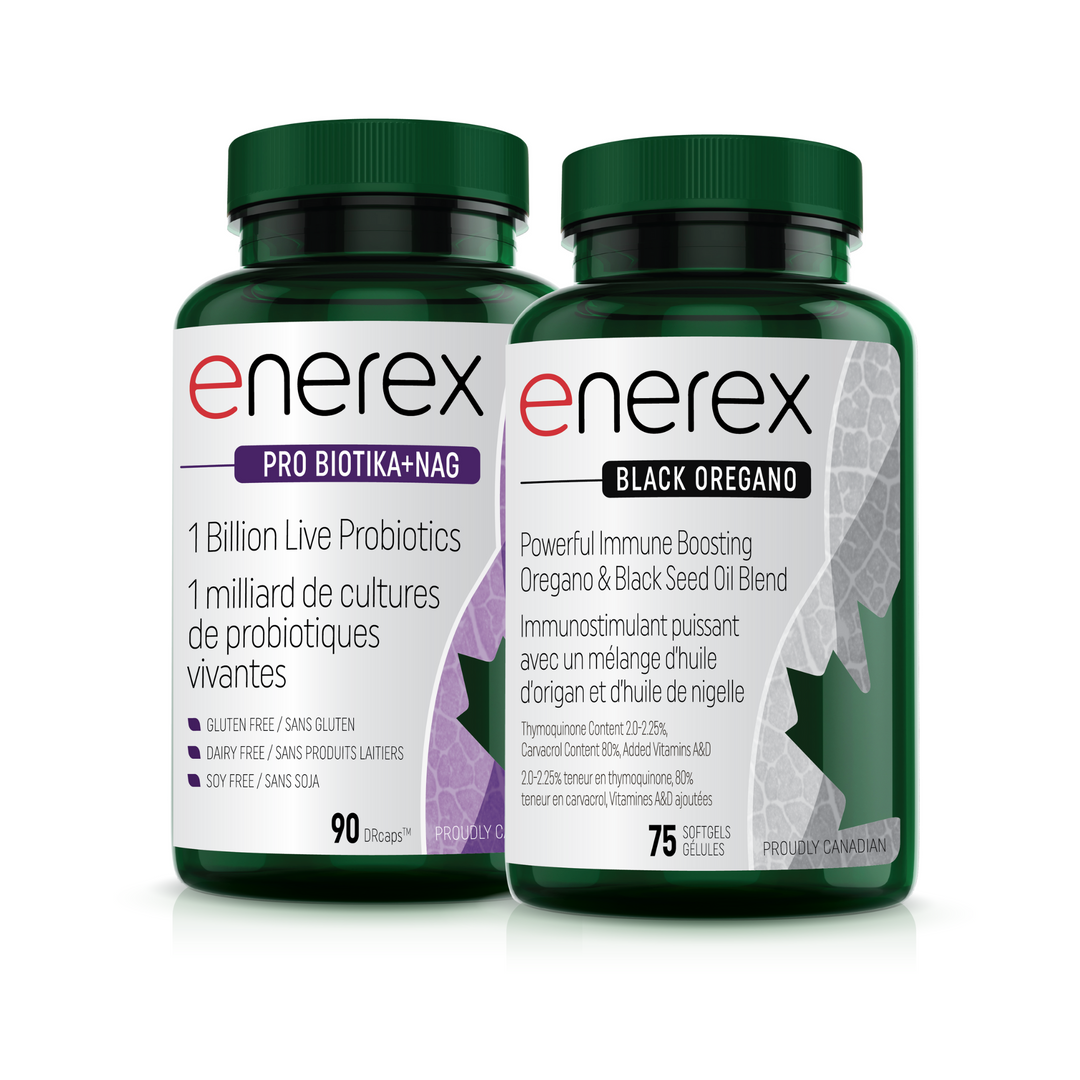


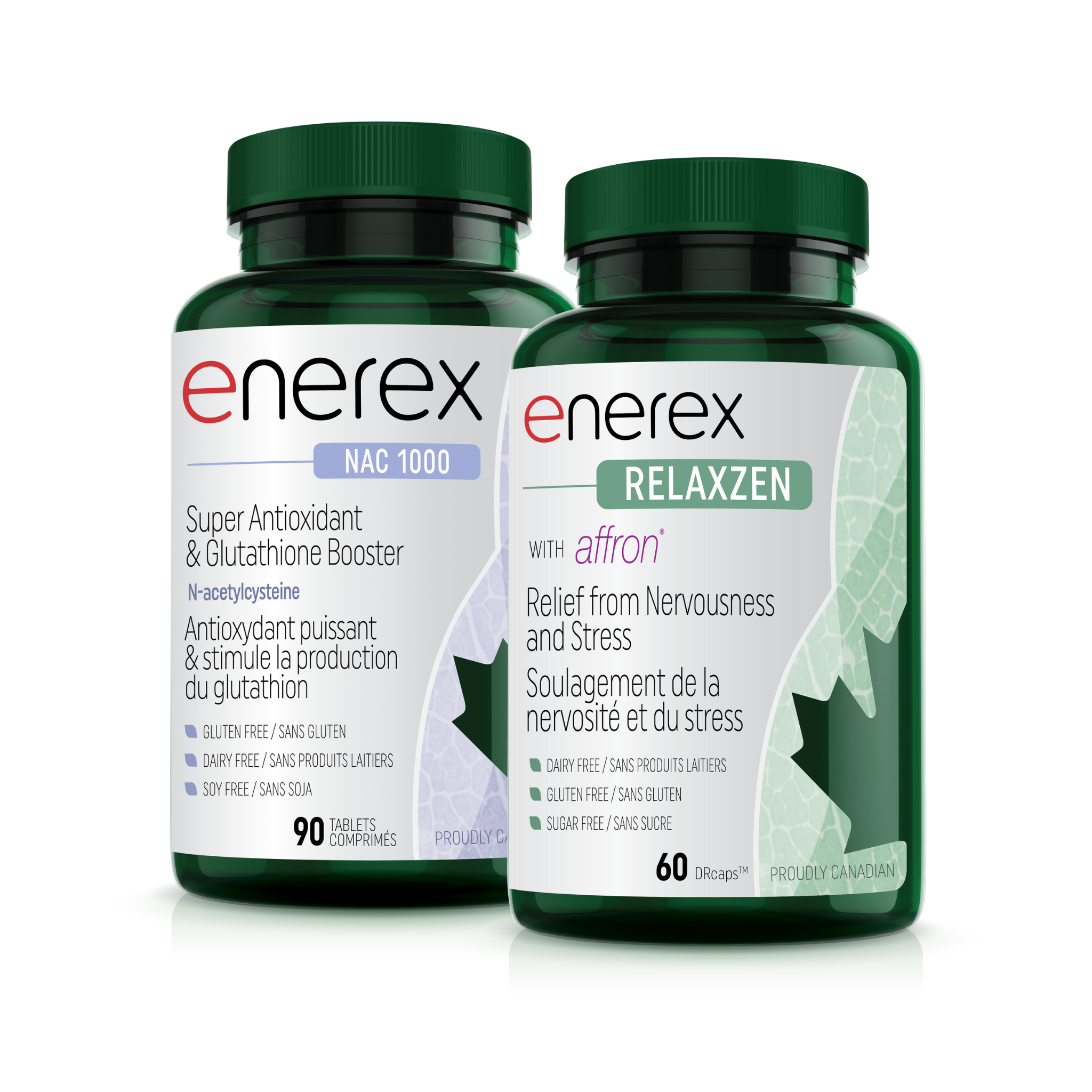
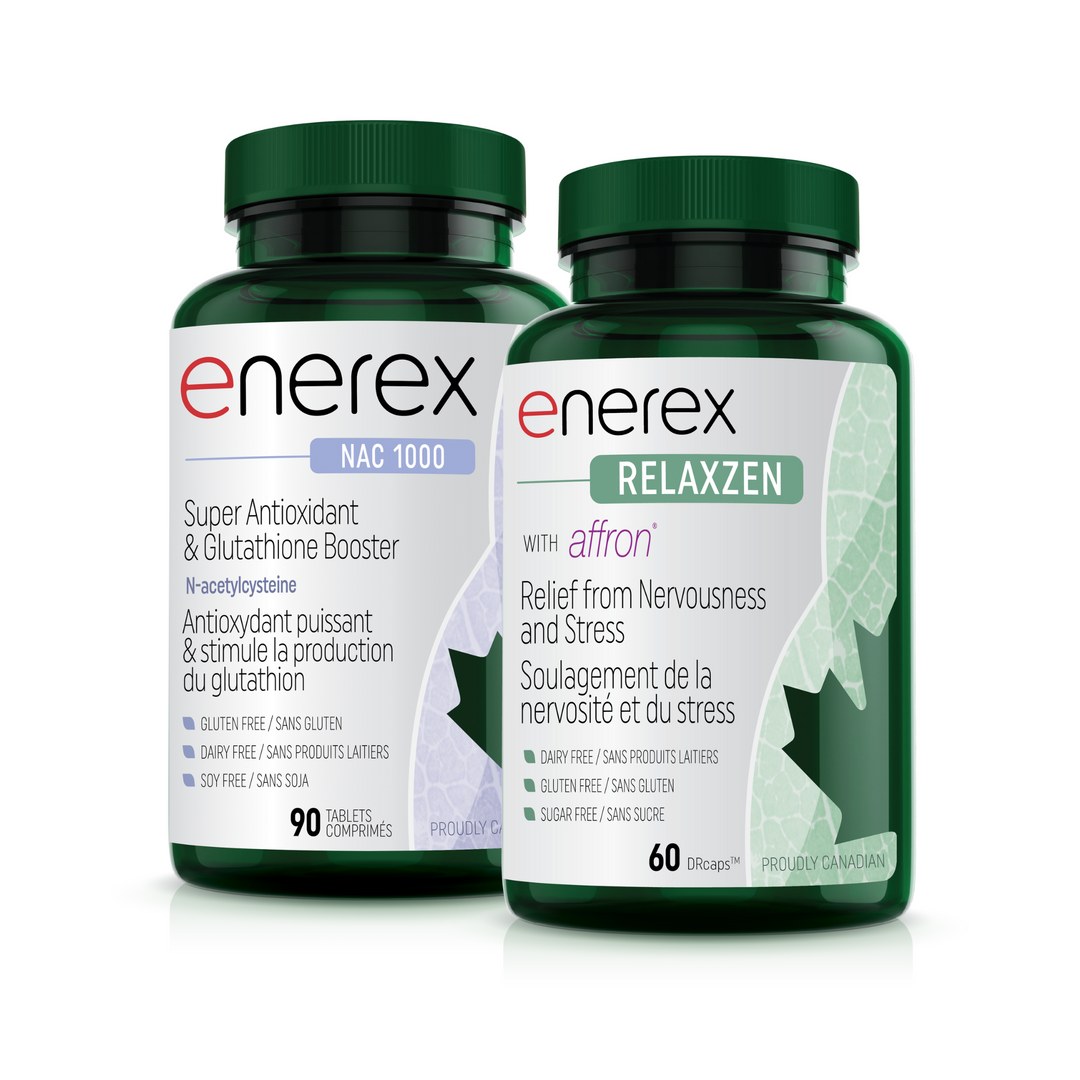
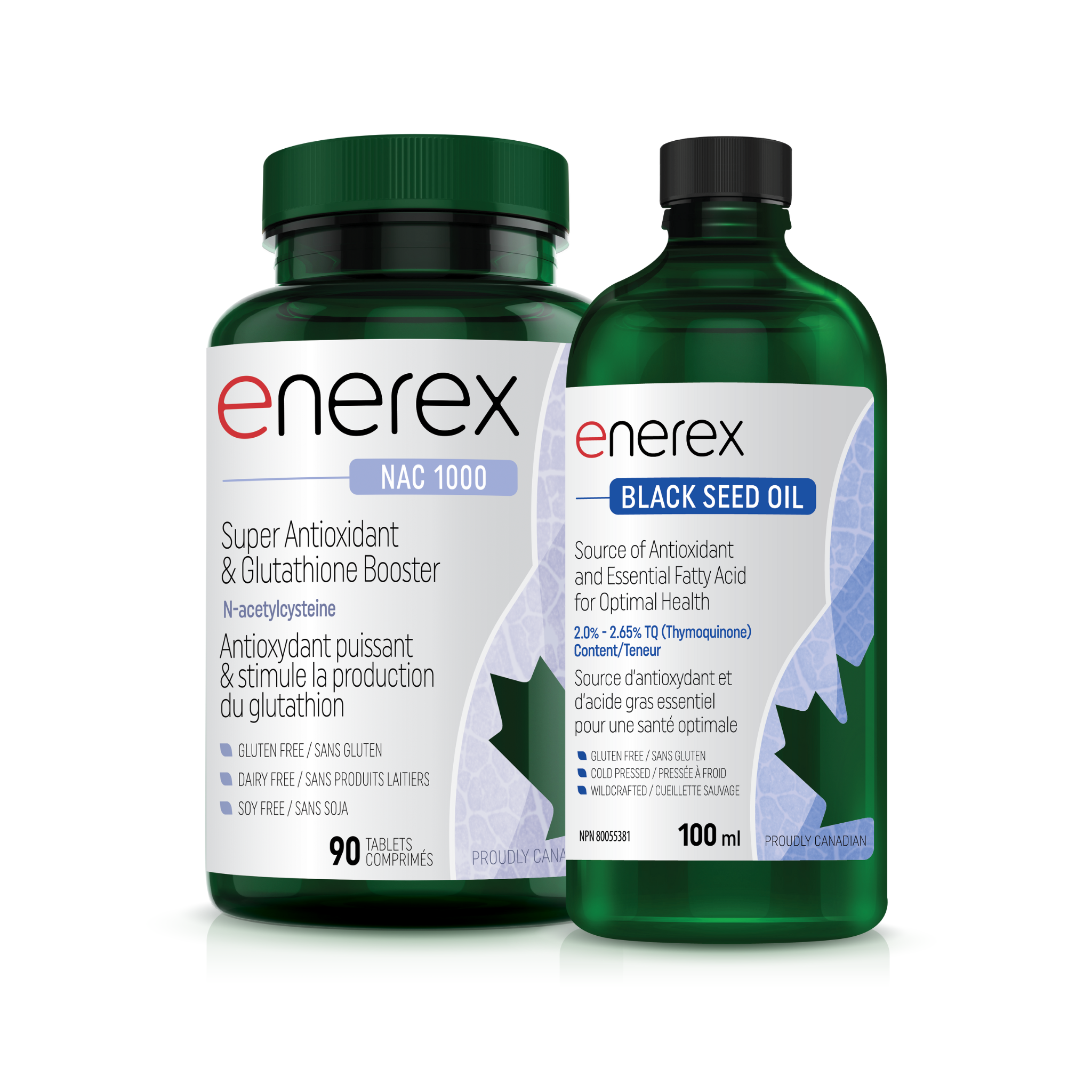
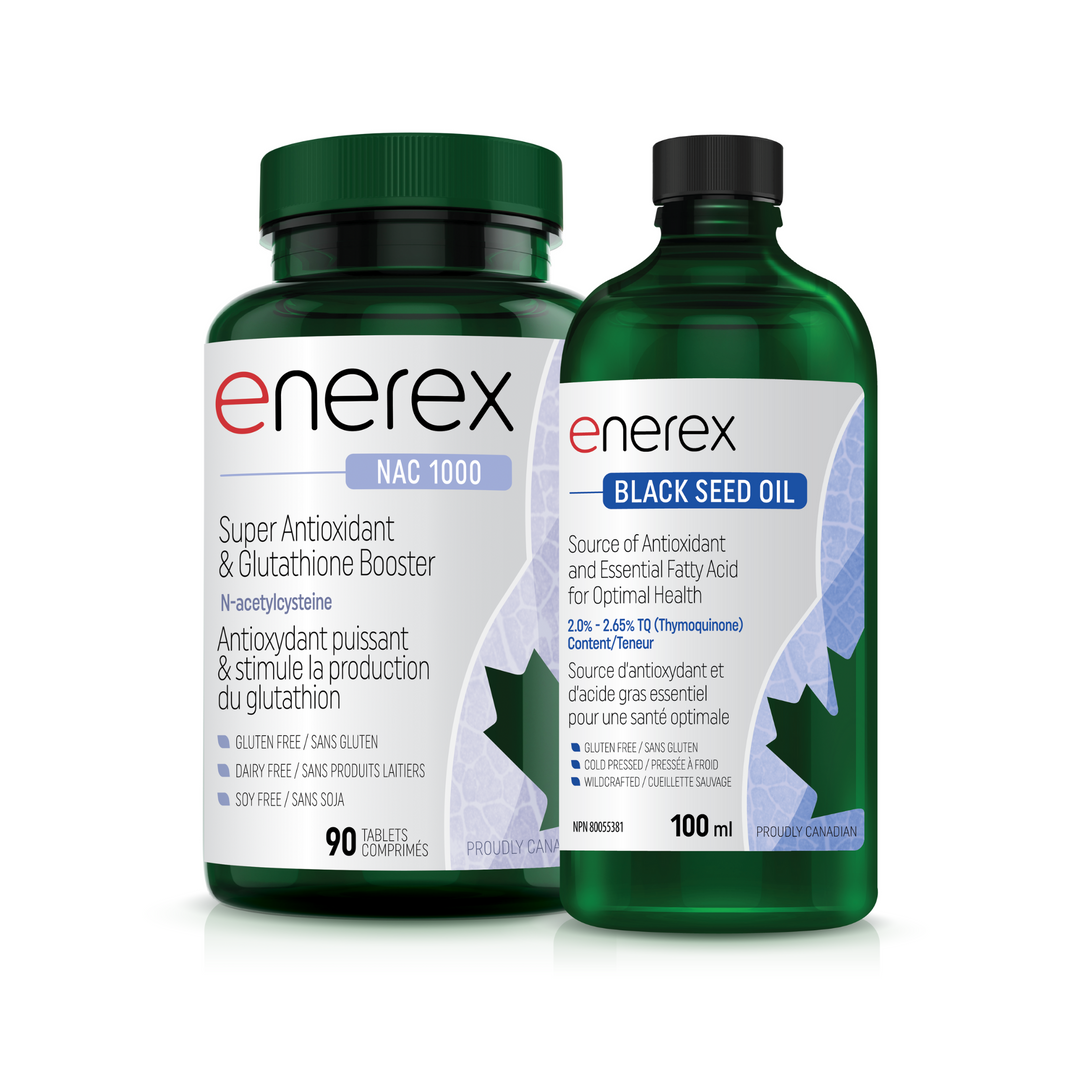
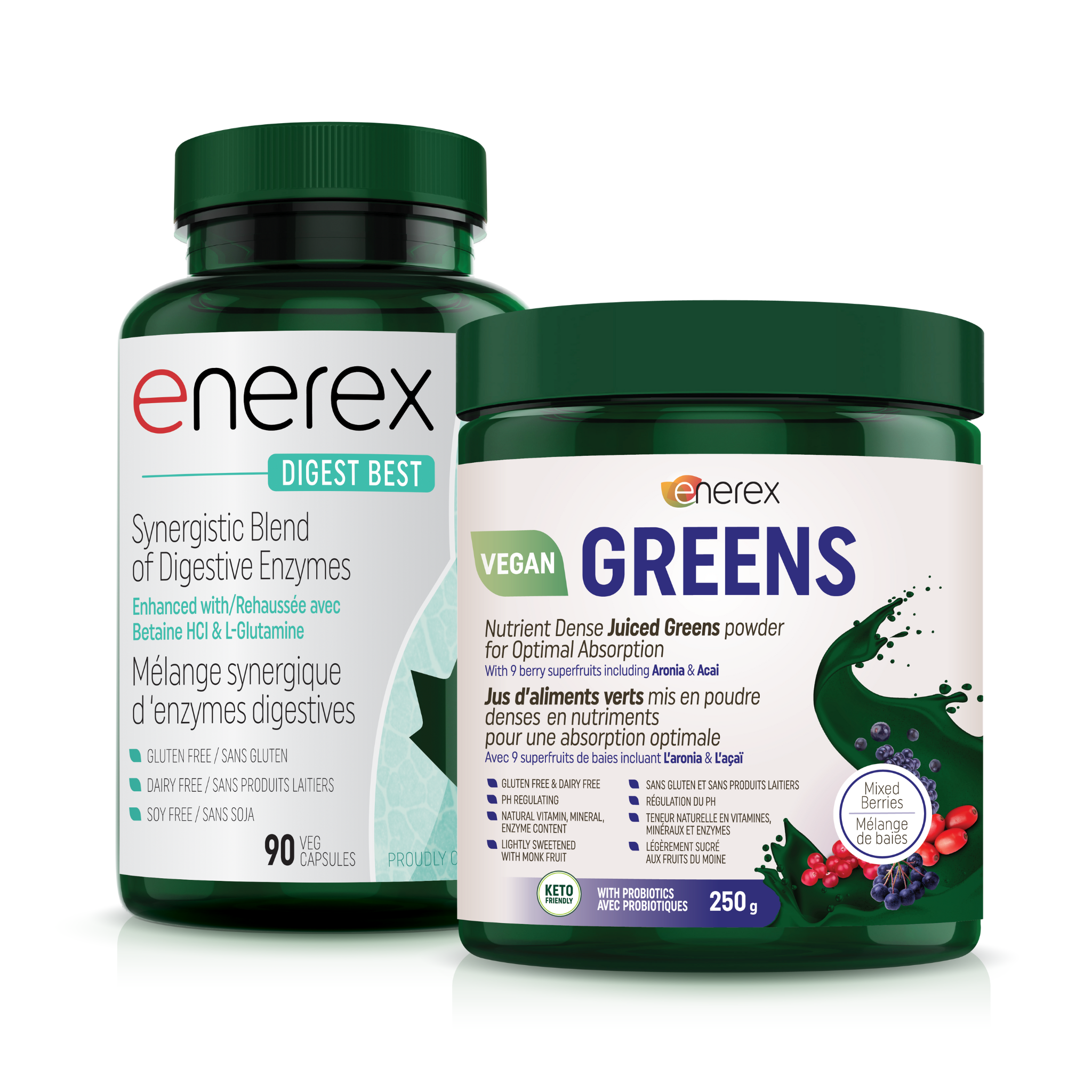
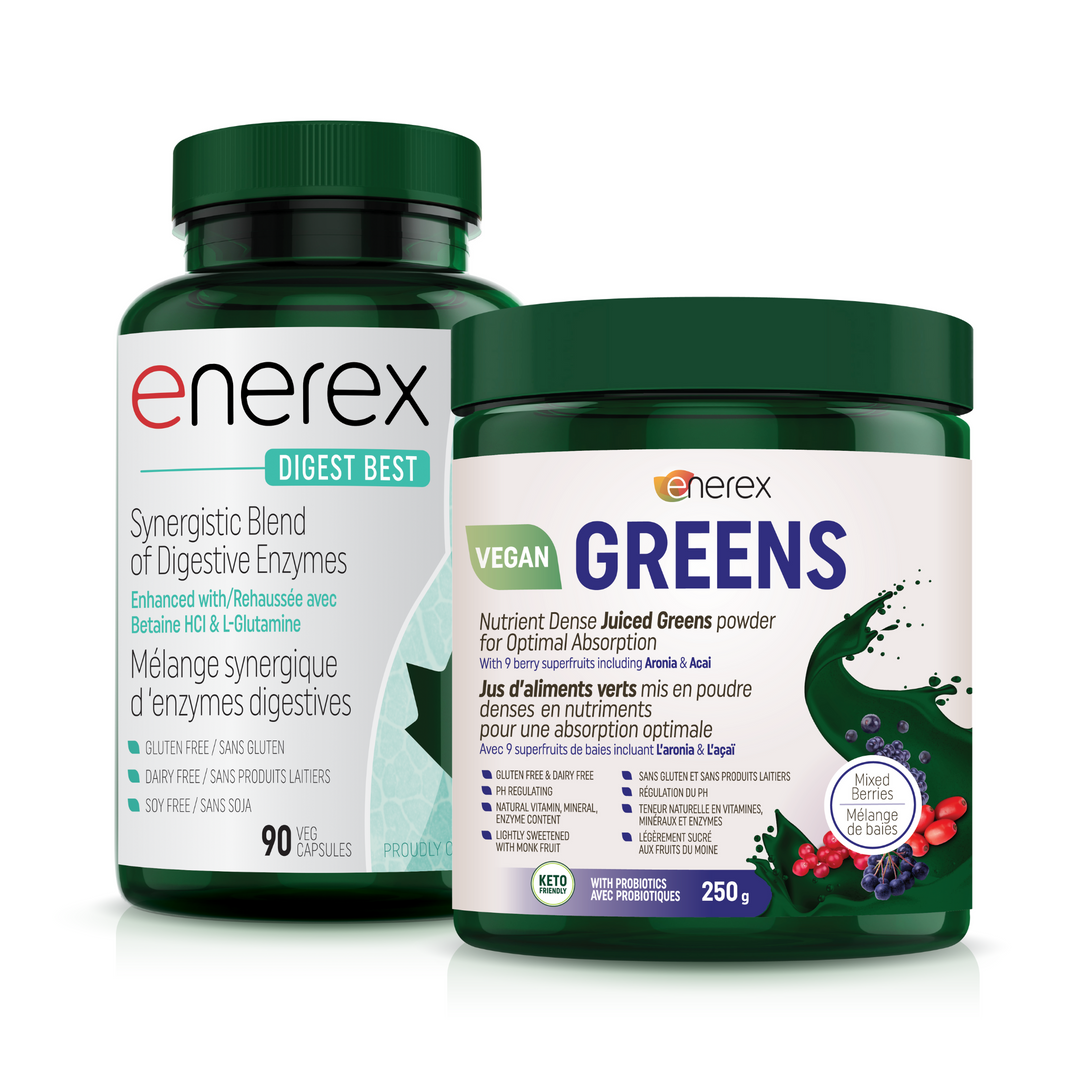
Laissez un commentaire